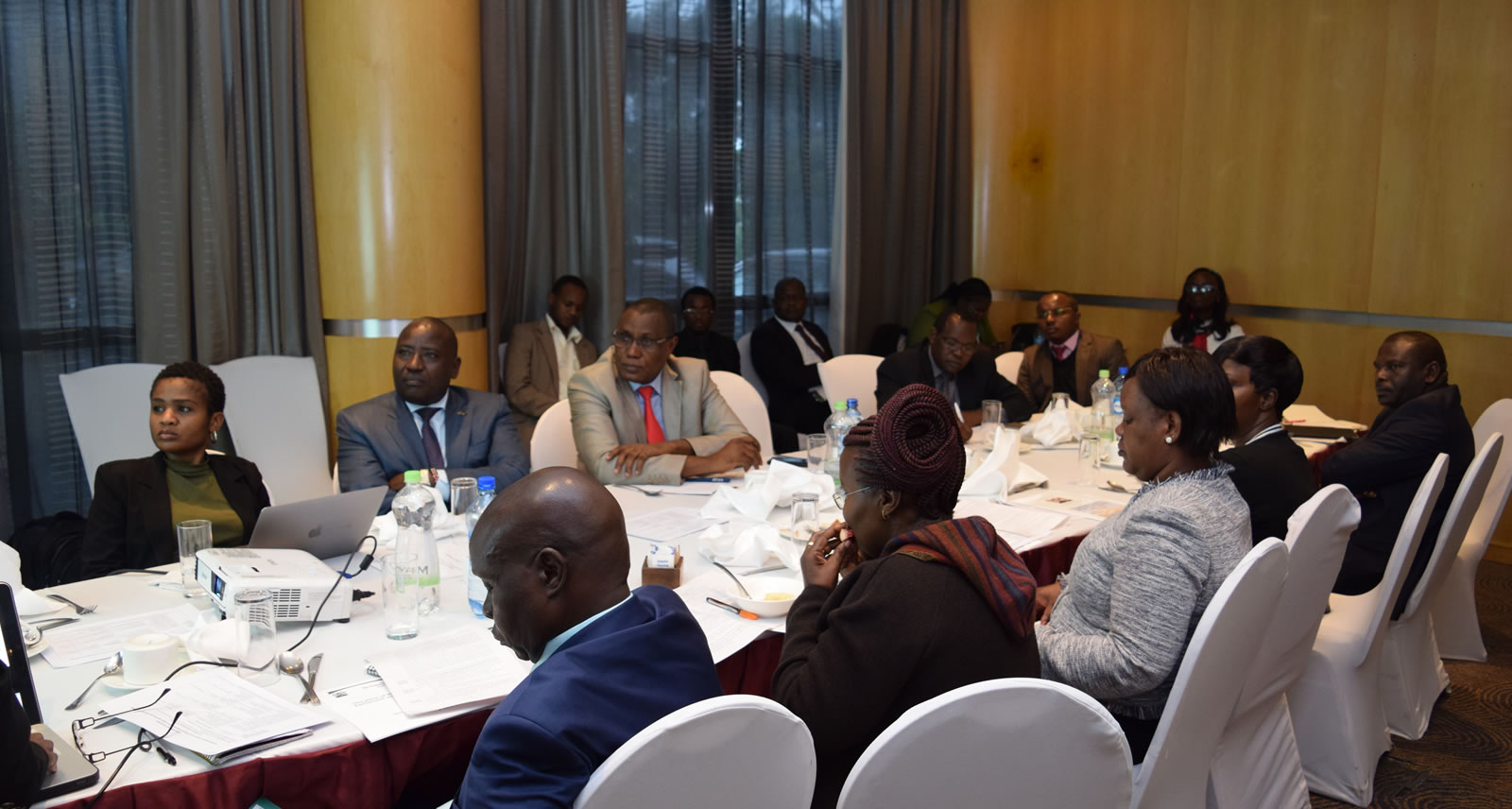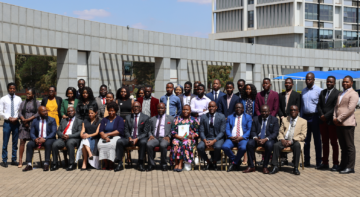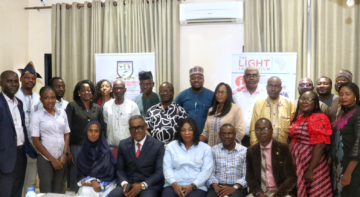News

(Nairobi) On 4 July 2018, Kenyan MPs revived the Parliamentary Caucus on Evidence-Informed Oversight and Decision-Making (PC-EIDM), whose purpose is to champion, promote and enable increased use of evidence in debates and decision-making in the Kenyan Parliament. The Caucus, launched in 2015 by the previous Parliament, was institutionalised in Parliament’s Research Services (PRS) Unit to ensure that successive parliaments revive and implement the mandate of the Caucus during their tenure.
The overarching goal of the Caucus is to inculcate and facilitate a culture of evidence use in the performance of the functions of Parliament of oversight, legislation and representation.
Speaking at the start of the event, the new Chair of the Caucus, Hon. (Dr) Makali Mulu, said that “although data and statistics are at the heart of the work of Parliament, many people don’t like data that much. We have spent the last four months mobilising the right MPs who understand and appreciate evidence to join the Caucus so that they can champion the use of data in the work of committees and in house debate.”
The Caucus has 13 members in the National Assembly, and the Chair noted that they are still engaging the Senate to get Senators on board.
Emphasizing the importance of evidence in Parliament, the Chair said, “yesterday we were in Parliament debating the county retirement benefits bills, but no one mentioned the numbers of staff in the county governments who are to benefit from this bill. How can we have robust debate without these numbers?” he asked.
He challenged the PRS and development partners to organise a session for MPs on the readily available data sources from government agencies and elsewhere where they can easily get important statistics and data to enable rich debate in Parliament.
In attendance was the outgoing chair of the Caucus, Dr. Susan Musyoka. In her remarks, she appealed to Caucus members to passionately take the work of the Caucus forward, working hand-in-hand with Parliament’s leadership and key government agencies (such as the Monitoring and Evaluation Department) and development partners, including AFIDEP, the African Parliamentary Network on Development Evaluation (APNODE), Evaluation Society of Kenya, among others.
Why evidence matters in the 12th Parliament (and beyond)
Speaking at the forum, Ms. Jennifer Mutua from the Evaluation Society of Kenya discussed the link between research, evaluation and government policy. She underscored the fact that evidence provides government and other key stakeholders with options that give value for money. Further, evidence can determine the effectiveness or failure of government policies, and how to fix the failures.
Role of evaluations in enabling evidence-informed decision-making
Speaking on what role evaluation plays in evidence-informed decision-making, Dr. Samson Machuka, the Director, Monitoring and Evaluation Department (The National Treasury and Ministry of Planning) discussed ways in which the Caucus can collaborate with the Department to achieve sustainable change.
Specifically, Dr. Machuka appealed to the new members of the Caucus to support the efforts to bring a bill on M&E in parliament, which would strengthen the functioning of M&E within the Kenyan government ministries and agencies. He also noted that his department will be keen to hold regular sessions within parliamentary committees to discuss evaluation data in efforts to strengthen oversight.
Building a culture of evidence-informed decision-making takes time and effort
Talking about the challenges of using data, the MPs noted that many of their colleagues have not been very interested in the Caucus because its operations seem “too complex’ because of the focus on data and statistics. Pointing to the so-called “fear of data’, Hon Mulu indicated that there is need to have a sitting with fellow Parliamentarians to demystify evidence and its role in Parliament.
On the brighter side, however, the new Caucus members are open to the challenge of becoming evidence champions within the House Committees where they sit. This will open the door for broader conversations on why evidence needs to inform deliberations within Committees and on the floor of the House.
Further, Hon. Mulu urged his colleagues to seek out evidence once the Order Paper has been circulated, to ensure they debate issues with evidence at hand. This would set example to other MPs on the importance of data and statistics in Parliament. He further called for a “Rapid Response Unit’ within PRS to put together fact sheets and other evidence products for Parliamentarians, to ensure all debates and development conversations in and outside Parliament, are informed/based on evidence.
The next course of action
As the Caucus reviews its strategic plan and charts the next steps, some of the key areas of focus shall be how to get greater buy-in from their colleagues, identifying key data sources that Parliamentarians shall seek out, and the kind of evidence they should be looking for.
The Caucus’ success in this new phase will also be bolstered by strategic partnerships with government think tanks, research and academic institutions, the media fraternity, among others. In addition, the new Caucus leadership shall also actively work towards bringing on board their Senate counterparts, without whom success at national and grassroots level cannot be achieved.
Related Posts





